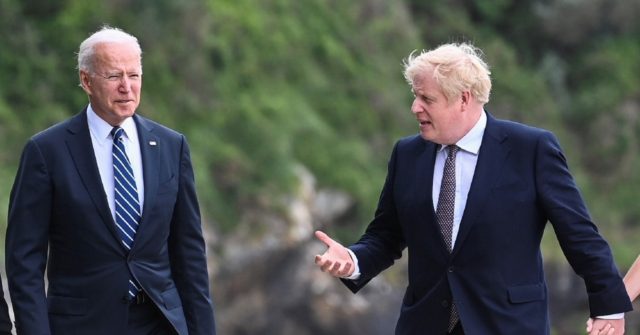For Harry Kane, it is neither. Calling him “Kane” would seem disrespectful: He is more than just another player. But he is not a “Harry,” either: Somehow that would be too intimate, too familiar.
Instead, he will lead England into this summer’s European Championship — hoping to win an international tournament in a final on home soil — as Harry Kane, forename and surname, like a reverse Pelé. It is an honor, in a way, but it is also a sign of some subconscious distance, as though he is a brand, or a corporation, or a place.
There are a lot of things everyone knows about Harry Kane. But knowing who he is, or what he is like, is not one of them.
Balance
At the end of his first campaign with Tottenham, Kane and his teammates traveled to Australia for a brief tour. It had been Kane’s breakout year: He had scored 21 goals in 34 Premier League games. Almost overnight, he had gone from a fringe player, forever being shipped out on loan, to a blossoming idol.
Kane, though, had not noticed the transformation. While he was in Sydney, he decided that he fancied a stroll. He took himself to the nearest mall, expecting to be able to quietly wander around in peace. Instead, within a few minutes, he found himself swarmed by hundreds of fans. Unable to escape, he had to call the club to get him out.
The memory has stayed with him. “I think, at the start, I was a bit naïve about what being famous would be like in terms of what you can and can’t do,” he said. “I appreciate it, obviously, and I enjoy parts of it, and I suppose when I retire and it’s gone, I’ll be able to tell you if I miss it or not. But there are restrictions that come with it.”



Connect with us on our socials: